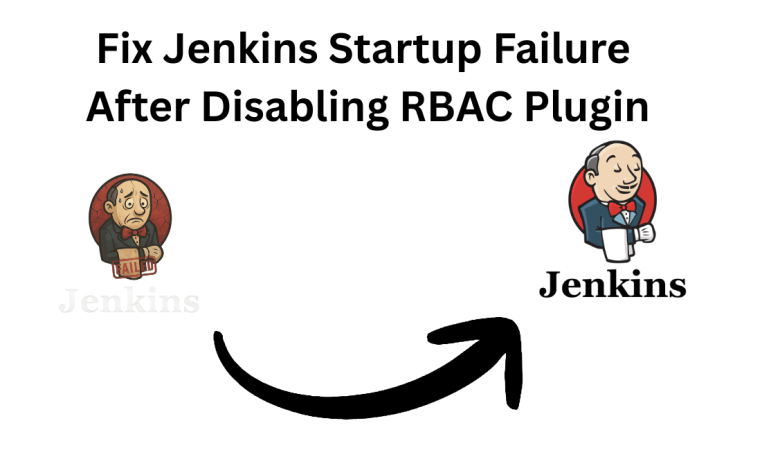Ubuntu and CentOS are two popular open-source operating systems that are widely used in the Linux community. Both of these operating systems have their own strengths and weaknesses, and the choice between them will depend on the specific needs and goals of the user.
In this blog post, we will compare Ubuntu and CentOS in terms of their features, performance, and suitability for different types of users. One of the main differences between Ubuntu and CentOS is their target audience. Ubuntu is designed for use by individuals and small organizations, and it is known for its user-friendly interface and easy installation process. CentOS, on the other hand, is geared more towards enterprise users and is known for its stability and security.
Another key difference between CentOS and Ubuntu these two operating systems is their release schedule. Ubuntu releases a new version every six months, which includes the latest features and security updates. CentOS, on the other hand, follows a more conservative release schedule, with a new version coming out every few years. This means that Ubuntu users will have access to the latest features and updates more frequently, while CentOS users will have to wait longer for new features but will benefit from the stability and reliability of a more mature operating system.
When it comes to performance, both Ubuntu and CentOS are known for their efficiency and speed. However, Ubuntu may have a slight edge due to its more frequent updates and access to the latest hardware drivers. CentOS, on the other hand, is known for its stability and reliability, which can be especially important for enterprise users who need to run mission-critical applications.
One of the major advantages of Ubuntu is its wide range of pre-installed software. Ubuntu comes with a large number of applications, such as a web browser, email client, office suite, and media player, pre-installed, making it easy for users to get started right out of the box. CentOS, on the other hand, is more barebones and does not come with many pre-installed applications. This can be a pro or a con depending on the user’s needs. Some users may prefer the flexibility of a blank slate, while others may appreciate the convenience of having a wide range of applications available right out of the box.
Another key difference between CentOS and Ubuntu is their support and community. Ubuntu has a large and active community of users and developers, which means that there is a wealth of online resources and support available. CentOS, on the other hand, has a smaller community but is known for its excellent documentation and support from Red Hat, the company that sponsors its development.
In terms of security, both Ubuntu and CentOS are known for their strong security features. Ubuntu includes a firewall and antivirus software by default, and it also receives regular security updates. CentOS is known for its focus on security and stability, and it includes features such as SELinux, which helps to prevent unauthorized access to the system.
Ubuntu and CentOS are both excellent operating systems with their own strengths and weaknesses. Ubuntu is a great choice for individual users and small organizations, thanks to its user-friendly interface and wide range of pre-installed software. CentOS is a better fit for enterprise users, thanks to its stability, security, and support from Red Hat. Ultimately, the choice between these two operating systems will depend on the specific needs and goals of the user.
| CentOS | Ubuntu | |
| 1. | Developed by CentOS Project | Developed by Canonical Ltd. |
| 2. | Stability-focused, best for server environments | User-friendly, best for desktop and developer systems |
| 3. | Uses yum package manager | Uses apt package manager |
| 4. | Older software versions but stable releases | Regular updates with latest software versions |
| 5. | Support for enterprise-grade features | Good community support with large user base |
| 6. | More secure and less vulnerable to attacks | Vulnerable to attacks but quickly patched |
| 7. | Less frequent updates but long-term support | More frequent updates with shorter support periods |
| 8. | Has SELinux security module installed by default | Does not have SELinux installed by default |
Difference between CentOS and Ubuntu which is better for web servers
Both Ubuntu and CentOS are popular choices for use as web servers, and either one could be a good fit depending on your specific needs and goals. Here are some factors to consider when deciding between Ubuntu and CentOS for a web server:
- Release schedule: Ubuntu releases a new version every six months, which includes the latest features and security updates. This can be beneficial if you want to take advantage of the latest technologies and features, but it also means that you will need to perform regular updates and upgrades. CentOS follows a more conservative release schedule, with a new version coming out every few years. This means that you will not have access to the latest features as quickly, but it also means that you will not need to perform as many updates and upgrades.
- Software support: Ubuntu has a large and active community of users and developers, which means that it has excellent support for a wide range of software and applications. CentOS, on the other hand, is known for its stability and security, but it may not have as much support for newer or less popular applications.
- Security: Both Ubuntu and CentOS are known for their strong security features, but CentOS is generally considered to be more secure due to its focus on stability and its use of SELinux, which helps to prevent unauthorized access to the system.
- Performance: Both Ubuntu and CentOS are known for their efficiency and speed, but Ubuntu may have a slight edge due to its more frequent updates and access to the latest hardware drivers.
Ultimately, the choice between Ubuntu and CentOS for a web server will depend on your specific needs and goals it may be Apache, Tomcat, Nginix. If you want the latest features and software support, Ubuntu may be the better choice. If stability and security are your top priorities, CentOS may be the better fit. It is a good idea to carefully consider your requirements and do some research to determine which operating system will best meet your needs.





Leave a Reply